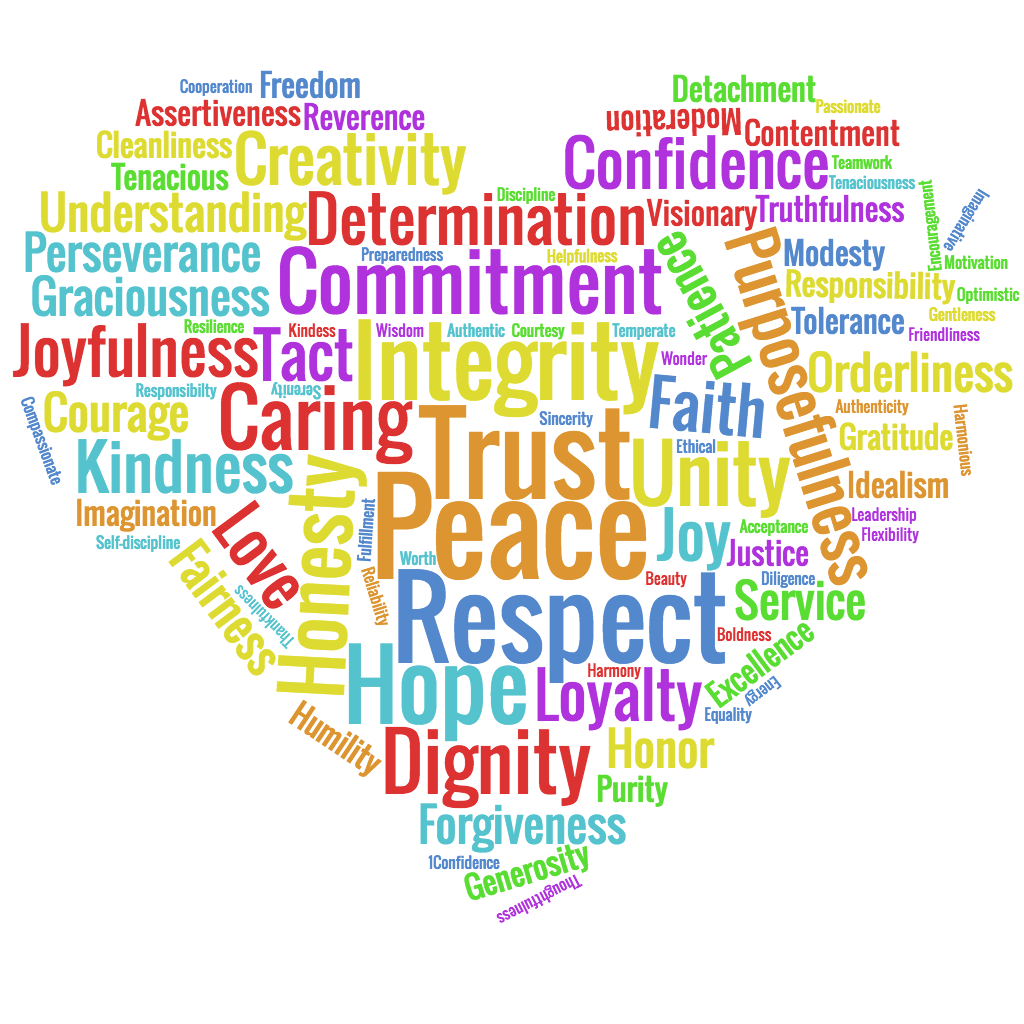Principles
The education of children is primarily the responsibility of parents and is determined to a great extent by the personal example of the parents themselves.
The child’s behaviour should be the consequence of personal convictions, acquired in a climate that balances discipline and freedom as the basis for an authentic sense of responsibility.
The human person is both material and spiritual. The educator’s task is to help the harmonic growth of the bodily dimensions and of the spiritual ones: intellect, affections, moral conscience, and personal relationship with God.
Each one of us is called to happiness, and will find it through a life of love, service and commitment.
 We give what we have: in order to truly love and serve, and to respect commitments, each one of us needs to build good habits, or virtues, such as prudence (sound judgment), justice (responsibility), fortitude (perseverance), and temperance (self-mastery). These good habits are acquired by repeated practice and by the example children see in their role models, primarily their parents.
We give what we have: in order to truly love and serve, and to respect commitments, each one of us needs to build good habits, or virtues, such as prudence (sound judgment), justice (responsibility), fortitude (perseverance), and temperance (self-mastery). These good habits are acquired by repeated practice and by the example children see in their role models, primarily their parents.
Essential to the dignity of the human person is the ability to look for knowable objective truth and for what classical philosophy calls the good life or moral absolutes, the ability to discover what is objectively good and what is objectively wrong.
The child benefits most when there is coherence between home and school, the two major learning environments; therefore, parents and teachers should try to grow in the qualities they wish the students to acquire.
Teachers are vital partners with parents in a common endeavour. The basis of this partnership is a loyal and mutual understanding of each other’s complementary roles.
As educators who are striving for excellence, parents and teachers need ongoing professional formation.
